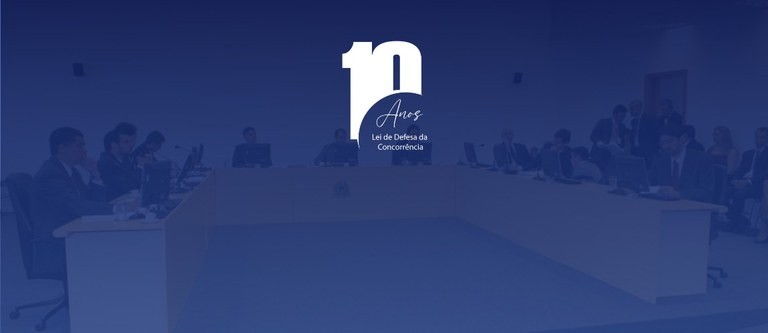This week, the Administrative Council for Economic Defense released two new testimonials from professionals who participated in the implementation of Law 12,529/2011, which restructured the Brazilian System for the Defense of Competition. The testimonies are part of a series of videos celebrating 10 years of the Antitrust Law.
In the first video, lawyer Eduardo Frade, who worked at CADE for nine years, being deputy superintendent and general superintendent, highlights that the introduction of the prior analysis regime for mergers and acquisitions has given companies more legal certainty and greater agility in decisions on mergers.
"We went from an antitrust agency that analyzed mergers in 150 days to having an average analysis of a little over 20 days. And that ends up bringing an incredible example to the Public Administration of how with good ideas, good management, we can do something that transforms public policy in a very significant way. And that's what happened," he recalls.
Eduardo also highlighted that the good results achieved with the improvements generated by the new legislation soon brought international recognition to the Brazilian antitrust agency.
"It is a story of great success and of great pride for CADE which, as a result, soon became one of the main antitrust agencies in the world, recognized among its peers for the quality and efficiency in analyzing mergers", he concluded.
For CADE's deputy superintendent, Diogo Thomson, who has worked at the System for the Defense of Competition for 15 years, the rule has brought many challenges and advances, including the modernization of anti-cartel agreements. According to him, since the beginning of the transition, the priority has always been to strengthen CADE's units.
"At first, there was a decision that today appears to be quite correct, to have placed unilateral conducts together with the coordination of acts of concentration and to have strengthened three coordinations to combat cartels, as well as the leniency and investigation units in the Superintendence's office. -General," he said.
In his testimony, Thomson also emphasizes that, today, CADE is an autarchy with international recognition thanks to the maturity acquired over the years and the technical capacity to identify and combat abuses of economic power in the country.
"CADE's anti-cartel policy is quite consolidated and has allowed us to look, for some years now, at unilateral conduct or other conduct as important as cartels. This is what we are doing and, probably, it is the great challenge for the next decade, given the digitization of the economy", he concluded.
Source: CADE




